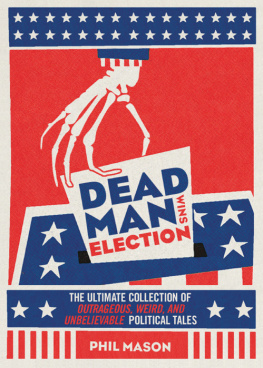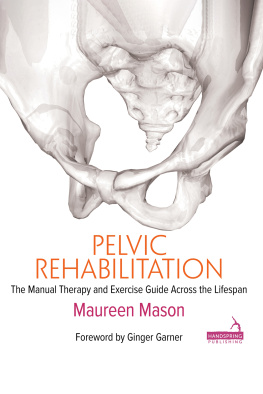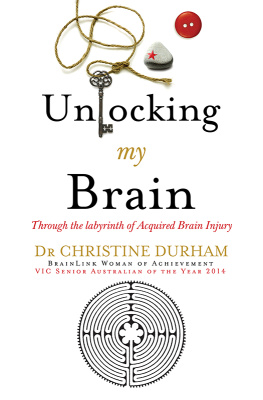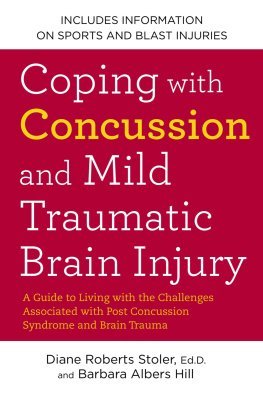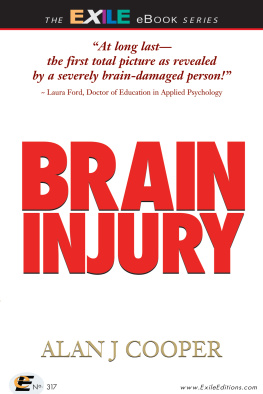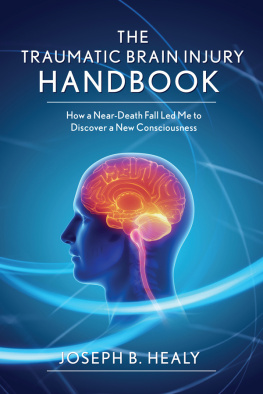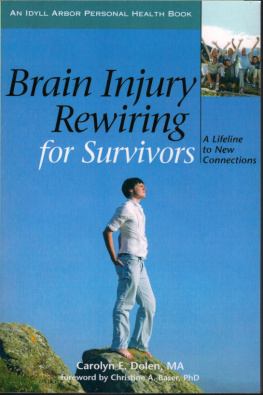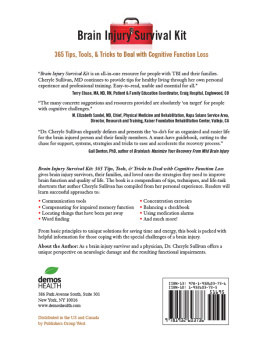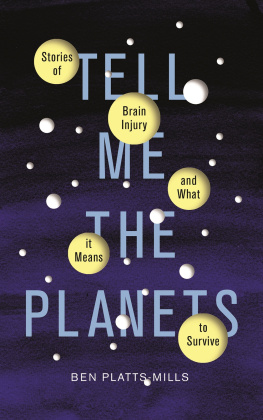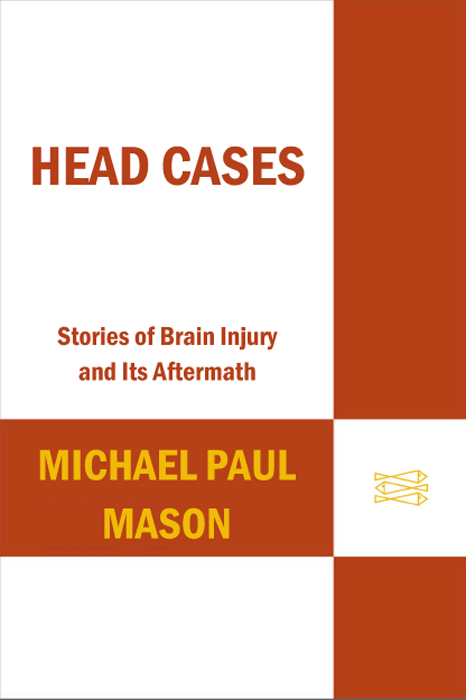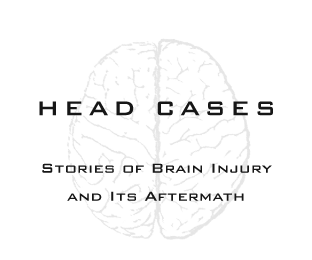T he first thing I tell her is that I cannot help. Her son Jake is thirty-four, my age. His gray, bruise-flecked limbs are splayed out on a bed before me; his mouth is dry and agape. I know I cannot help him. I cannot file a lawsuit against the insurance company, I cannot conjure a way out of this dead-end nursing home, and I cannot sucker punch the aloof neurologist or throttle the ignorant psychiatrist. I hold no sway over the waiting list in my own hospital. I explain to her that I can do nothing at all, and she sighs. She is desperate to see Jake in a program where there is a sense of progress and direction. She knows that the rehabs and specialty hospitals are as inaccessible as the moon. She has called them herself, and she knows that nobody can help. She knows I cannot help, but she asks me anyway. She asks, in all earnestness, to do the impossible and find her son a bed, and in my weakness, I agree. Its my job to agree.
Jake turns his head toward me and I suspect he can hear me. If he can respond, no matter how minimally, then he meets the most important criteria. He closes and opens his mouth arbitrarily, but not a sound comes out. I ask him to lift his head and I wait. Nothing. His mother is quiet and nearly in tears. I ask her to turn off the fluorescent lights and shut the door, and when she does Jake exhales faintly. It sounds like relief, like the hint of a response. I ask Jake once more to lift his head. A good fifteen seconds later, his head slowly raises an inch off the pillow, and then drops back down. Thats criteria enough for me. His mother grins at me proudly, as though her son just won a marathon. In a sense, he has.
The next two hours find me thumbing through a thick notebook of Jakes medical records, trying to decipher the scribbled progress notes and lab reports, then interviewing nurses and aides and doctors. I spend the last half hour of my evaluation explaining to Jakes mother that this will take months at a minimum, but most likely a year or twoif anything happens at all. She will be my best resource through all of this, I tell her, as I hand her a list of administrators to call and a few forms to fill out. She tells me she will do this and anything else I ask, but she doesnt need to say a word. If shes been through this much already, paperwork and phone calls arent going to stop her.
Before I leave, she asks for my business card, not because she doesnt already have my number, but because she wants to know my title, she wants to know what kind of person drops everything to go to look at a bedridden man four hundred miles away. I hand her my card and tell her I am a brain injury case manager, and there is the hint of a smirk because we both know that brain injuries cannot be managed any more than a thunderstorm can be managed. They can be endured, accepted, and integrated, but not managed. She clasps her hands around mine, and I say goodbye, and I get back in my car. I am forever back in my car. I turn the ignition and hope for home, so I can lie down next to my wife and rest my hand on the warm crest below her navel.
The hope is false; a singular voice mail from my director asks me if I can drive two hours north to Sioux Falls to assess a woman with brain damage due to a viral infection. Either I drive the two hours today, or I drive back home to Tulsa and drive ten hours up to South Dakota on Monday. I head north and can already hear the disappointment in Christys voice. When I call her from a filling station outside of Omaha, she doesnt answer and I leave her a message. My marriage unfolds in messages.
On my way up to Sioux Falls, I think about Jake still lying there in the nursing home, and how he has been lying there throughout the past year while I was buying a house and mowing the lawn and attending parties and traveling. He has been lying there long enough for his wife to have given up hope and file for divorce, and he hasnt seen his son in months. Jake is trapped in an awful sense of nowhere, and yet he is still present, still responding, still human. I may not be able to help, but I can act. I can act for Jake, which, right now, is more than he can do for himself.
I dont look for cases; the cases find me. They catch me in airport terminals and waiting rooms, they crowd my inbox and voice mail. A single phone call can send me to Wyoming one day and Indiana the next. During a tough week, I might wind up in a dozen different cities. When I first started traveling, I would forget what city I was in when I woke up, so I would leave a phone book by the nightstand to orient me in the morning. I still forget the city Im in, but now I leave the phone book in the drawer. The city comes to me sooner or later. Where I am at doesnt matter so much; its the catastrophe that sets me in motion.
Medicine reserves the term catastrophic for a handful of conditions, and the term fits. Spinal cord injuries sever and parse a persons ability to move and control their limbs and basic body functions. Amputations disintegrate any hope of feeling and sensation. Full-body burns inflict a fierce pain only pharmaceutical amnesiacs can forgive. But chief among the catastrophic conditions is the traumatic brain injury, commonly called TBI. It is an upheaval of physical, psychological, social, and spiritual proportions.
The wry eighteenth-century haikuist Issa wrote, In this world / We walk on the roof of hell / Gazing at the flowers. Those familiar with brain injury are familiar with Issa, if not by name, then in sentiment. Spend an hour in a room with someone who struggles to maintain eye contact with you and whose limbs are flailing as a result of a simple fall from a ladder, and soon enough a sense of your own vulnerability finds your legs less steady, your mouth a little dry, and your hand slow and cautious. Traumatic brain injury strikes with the concussive ferocity of a bomb; woe to those near its epicenter.






